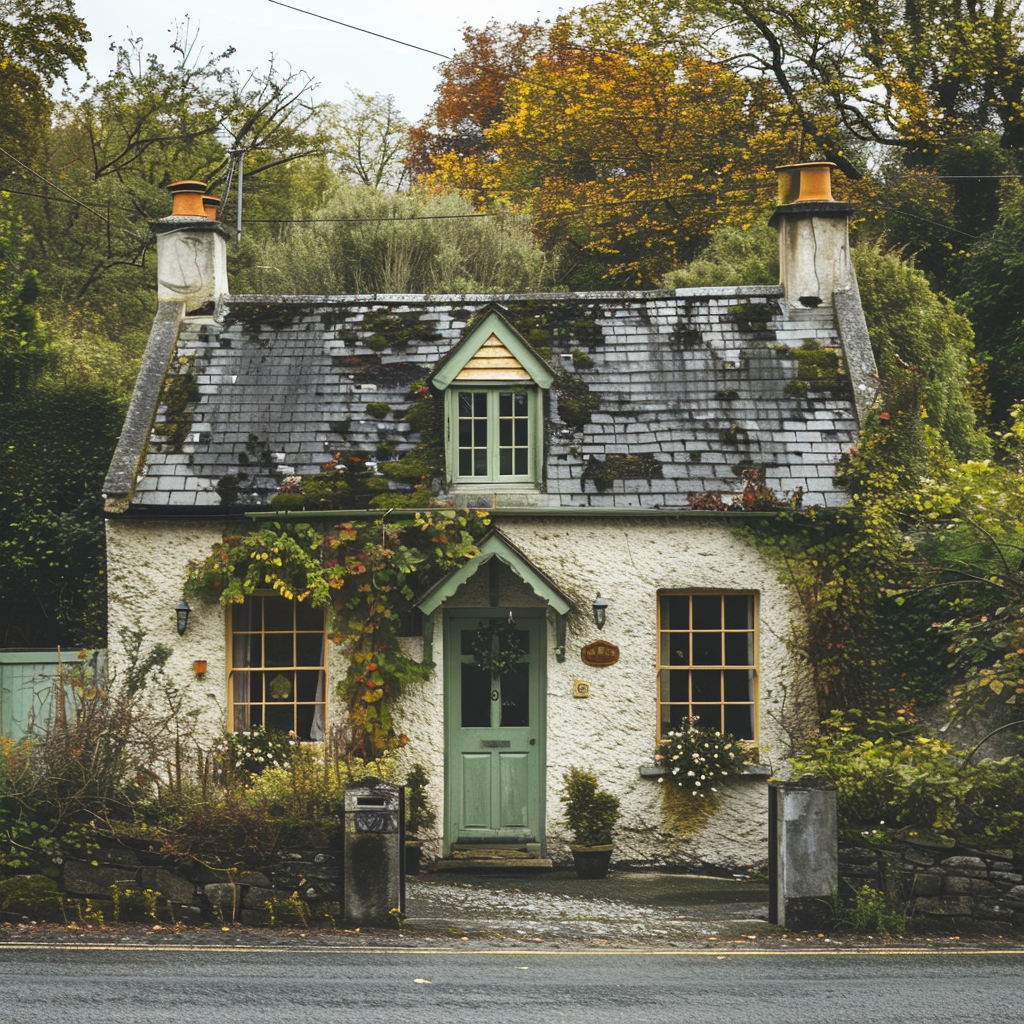
A Guide to Acquiring Property in Ireland can be quite the adventure, but like any big investment, it comes with its own set of challenges. Here are some key issues to consider:
1. Affordability and Budgeting: One of the first hurdles is determining what you can afford. Property prices in Ireland can vary significantly depending on the location, with places like Dublin being particularly expensive. Remember to account for all costs, including legal fees, stamp duty, and possible renovations.
2. Mortgage Approval: Securing a mortgage is another critical step. It’s wise to get mortgage approval in principle before you start house hunting, so you know exactly how much you can spend. The requirements and approval process can be rigorous, with banks assessing your income stability, credit history, and other debts.
3. Finding the Right Property: Location is key in real estate. Consider factors like proximity to work, quality of local schools, transportation links, and amenities. Rural and urban areas offer different lifestyles and facilities, which can vastly affect your living experience.
4. Building and Property Surveys: Before finalizing a purchase, getting a professional survey of the property is crucial. This can help uncover any structural problems or issues that might not be immediately apparent. It’s better to be safe now than sorry later!
5. Legal Issues and Title Deeds: The legal process in Ireland for buying a home involves several stages, including checking the title deeds to ensure there are no legal issues with the property’s ownership history. Hiring a solicitor experienced in property law is essential to navigate this process smoothly.
6. Bidding and Negotiations: In competitive markets, you might find yourself in a bidding war. It’s important to stick to your budget and not be swayed by the heat of the moment. Negotiation is an art, and sometimes a lower offer with fewer conditions can be more appealing to sellers.
7. Long-Term Investment Considerations: Consider the future resale value of the property and any development plans in the area that might affect this. It’s not just a home; it’s also an investment.
8. Environmental and Planning Permissions: Check if there are any planning permission issues or environmental concerns associated with the property, especially in rural areas.
Navigating these issues carefully will help ensure that the process of A Guide to Acquiring Property in Ireland goes as smoothly as possible, turning what could be a house into a home sweet home. If you’re diving into the housing market, consider partnering with a professional who can guide you through these choppy waters with local knowledge and expertise. Happy house hunting!



